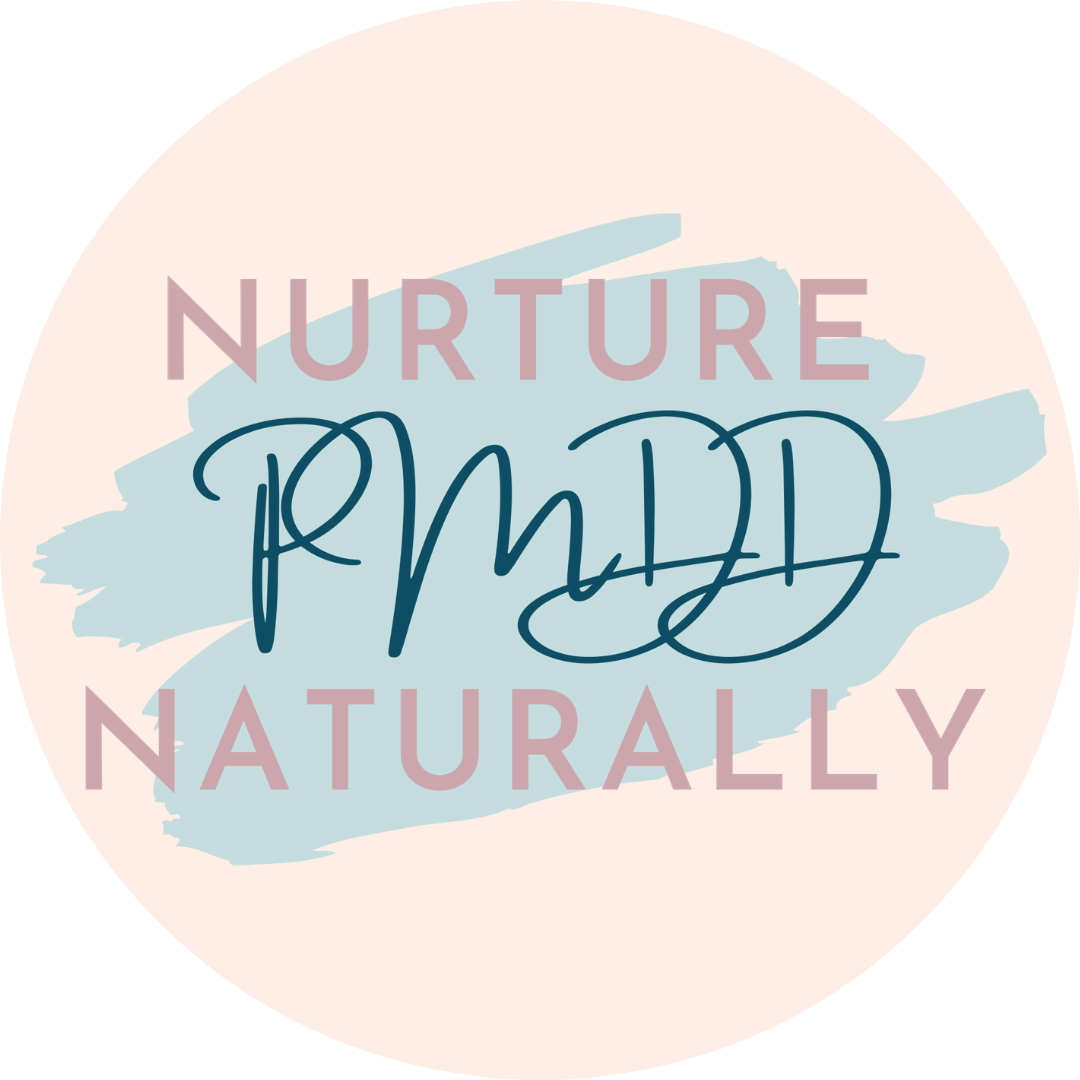In this blog post, I want to discuss boundaries, why they’re important when managing PMDD, and what they mean for you.
Forming boundaries isn’t a go-to treatment tool for PMDD but it should be, and it certainly is when you come and see me, and here’s why:
Many people, things, habits and situations in our lives trigger PMDD symptoms and stress responses, and they do it when we don’t feel in control of the situation at hand.
Some of those things/people/situations are possibly toxic and not good for your health. You’ll spot this a mile off, even if you’re in denial, you will know it deep down.
But then others around you are good meaning, and the parts of them that trigger you aren’t necessarily intentionally disruptive, and perhaps they have your best interests at heart, but it doesn’t mean you can or should continue to ignore the effect they have on you.
These people/things/situations can be harder to form healthy boundaries with because guilt can often creep in, but it’s important to listen to your emotions and keep your nervous system calm by removing and managing those triggers more healthily.
REMEMBER: the happier and calmer you are, and the more authentic you are by recognising and meeting your needs, the better your relationship will be.
So, how are your boundaries?
Are you people-pleasing?
Are the people you spend the most time with aligned with your core values?
How do you allow people to treat you?
How do you treat others?
Are you making assumptions or is this reality?
Are you doing too many things for other people and not yourself?
Are you filling your own cup before attempting to help others fill theirs?
How do we set boundaries? This will differ depending on the person and situation. The earlier you set boundaries the better, but this may not be possible with people we are already in an established relationship with.
1) Be clear on the desired outcome and stay focused on that
2) Understanding your needs and being clear about them
3) Communicating your needs calmly and assertively (even when we’re not in conflict, people don’t like change so it’s important to be clear about what you need and what you can offer 4) If they push back, hold your boundary and re-focus on your big why and the desired outcome.
When you’ve had no healthy boundaries in place, it is common for people to push back at this stage for many reasons.
Change can be unsettling for anyone, and it’s natural to feel uncomfortable when boundaries are being formed, and that goes for all parties involved while things realign and a new side to your relationship is born.
BUT, if someone is genuinely put out by your new boundaries and is unable to understand the necessity of them for your health, then… (INSERT BIG RED FLAGS HERE AND THEN TAKE ACTION)
REMEMBER: Anyone who complains when you form healthy boundaries may have been benefitting from you having none. Just think about that.
One thing for sure is it’s important to work out the difference so you can keep the goodens in your life who just struggle with change but have good intentions and care about your life, and clear out the ones who don’t.
So, I want to know – how healthy are your boundaries? Do you have some work to form more boundaries with yourself or the people around you? As always, I’d love to hear from you!
Amy Viola x
P.S. My monthly PMDD Reset Group Coaching and Hypnosis session can help you get to grips with YOUR version of PMDD which helps you set much healthier boundaries in many areas of your life. CLICK HERE to book your space on the next session!



Recent Comments